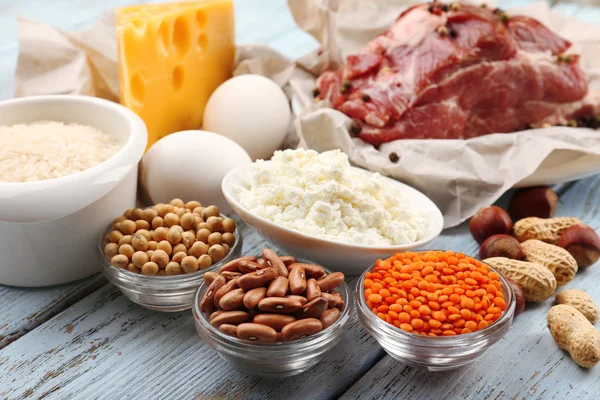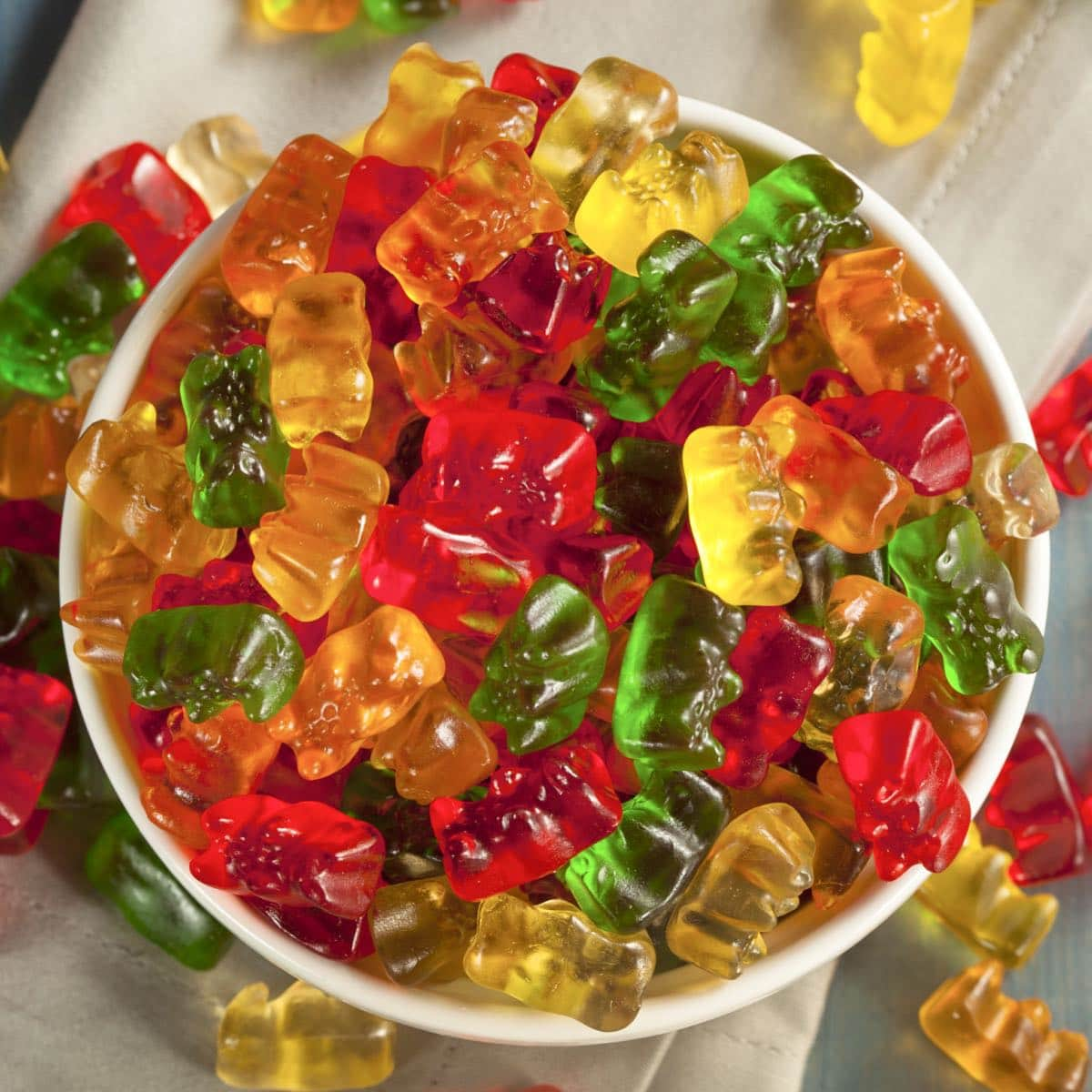6 COMMON FOODS THAT COULD ACTUALLY MAKE YOU FEEL DEHYDRATED, FROM PICKELS TO BEETROOT
The surprising connection between certain common foods and dehydration. While it may seem counterintuitive, there are several items you may have never suspected could leave you feeling parched. Here are six culprits to be aware of:
Pickles: These tangy delights, while delicious, are packed with sodium, which can deplete your body's water content.
Cured Meats: Foods like salami, bacon, and ham contain high levels of sodium and are often dehydrating due to their salt content.
Processed Snacks: Popular snacks like chips, pretzels, and crackers are typically loaded with sodium, which can contribute to dehydration.
Alcohol: While not a food in itself, alcoholic beverages have a diuretic effect on the body, leading to increased fluid loss and potential dehydration.
Coffee: While a morning cup of joe can be invigorating, excessive caffeine intake can have a diuretic effect, promoting fluid loss.
Beetroot: This seemingly innocuous vegetable contains a compound called oxalate, which can have a dehydrating effect if consumed in large quantities.
Remember, moderation is key
when enjoying these foods. Ensuring a balanced diet, staying hydrated with
water, and being mindful of your sodium intake can help you maintain optimal
hydration levels.
In this post, we'll go
through some of the most popular meals and drinks that might make you more
likely to get dehydrated. The temperature rises daily, and our body
requires enough liquid to be hydrated. So it seems sensible that health
professionals would emphasise the need of drinking enough water and other
nutritious beverages to maintain the water balance. But did you realise that
staying hydrated requires more than just drinking water? We were heard! To stay
healthy, especially during the summer, you must keep an eye on your regular
food. Numerous studies indicate that we regularly eat a variety of meals and
beverages that, without our knowledge, flush extra fluid from our bodies. You
continue to feel dehydrated as a result of this. In this post, we'll go through
some of the most popular meals and drinks that might make you more likely to
become dehydrated even if you drink enough water. Let's first examine the
notion underlying dehydration.
What leads to thirst?
How can it be cured? Dehydration, according to
medical professionals, happens when your body doesn't receive enough water. The
United States Geological Survey states that a human body is composed of 55 to
60 per cent water for the uninitiated. Daily water loss through excretory
processes including perspiration, urine, tears, and saliva is normal, but if
the lost fluid is not replaced, it can cause dehydration and increase the
creation of toxins in the body. The ideal method to make. Why
do some meals and beverages cause dehydration? Simply said, some meals and
beverages can cause your body to lose water and salt, which can result in an
electrolyte imbalance. Even after consuming tonnes of water, it is one of the
most frequent causes of your feeling thirsty. It is therefore much more crucial
to recognize certain meals and beverages so that you can add them to your diet
carefully. Continue reading. The following six often consumed foods
and beverages might cause dehydration:1. Coffee: Among fitness fanatics, coffee
is perhaps one of the most well-liked drinks that is a topic of dispute.
Despite its reputation for replenishing energy, coffee may also cause
dehydration. Yes, it is accurate. Taking too much caffeine might have diuretic
effects, which can upset your body's water balance. Green
tea: Thanks to its high concentration of antioxidants and flavonoids, green tea
has earned a permanent spot in your diet plan over time. But it might also give
you a dehydrated feeling. Similar to coffee, green tea also contains some
caffeine, which acts as a natural diuretic. Your body may begin to lose water
as a result, which may make you drowsy and exhausted. Three. Beetroot Sounds unexpected,
huh? Potassium is a mineral that is abundant in beets and is known to assist
your body shed fluids. Therefore, consuming excessive amounts of beetroot,
particularly during the summer, may have a number of adverse impacts on your
health.
High-protein foods: We frequently find fitness enthusiasts depending on a high-protein diet to shed pounds and build muscle. While we acknowledge the advantages, it might potentially result in chronic dehydration. In essence, protein causes the body to create nitrogen, which is then metabolized by using more water. In many cases, this causes a fluid imbalance in the body.5. Packaged juices and sodas: According to the World Health Organization, the body is known to experience hypernatremia as a result of the excess sugar found in sodas and bottled juices.
In other words, the sugar causes the cells and tissues to lose water, which lowers the body's fluid content. Additionally, it provides an Achar (Pickle): Pickles like achar and can greatly improve our dining experience. However, the excessive salt content can also be somewhat dehydrating. Because salt raises the body's sodium levels, it takes more water for the sodium to be excreted. Your body loses water as a result, which causes dehydration and a decrease in energy.
You should consume these
dehydrating meals and beverages in moderation now that you are aware of their
dangers in order to enjoy their benefits fearlessly.
In conclusion, it's important to be aware that some common foods can actually contribute to dehydration.
While enjoying these foods in moderation is fine, it's crucial to maintain a balanced diet and drink plenty of water to stay properly hydrated. By being mindful of your sodium intake and understanding the potential diuretic effects of certain beverages like alcohol and coffee, you can make informed choices about what you consume. Remember, hydration is key to your overall well-being, so prioritize drinking enough water throughout the day. Stay healthy and hydrated!










Comments
Post a Comment